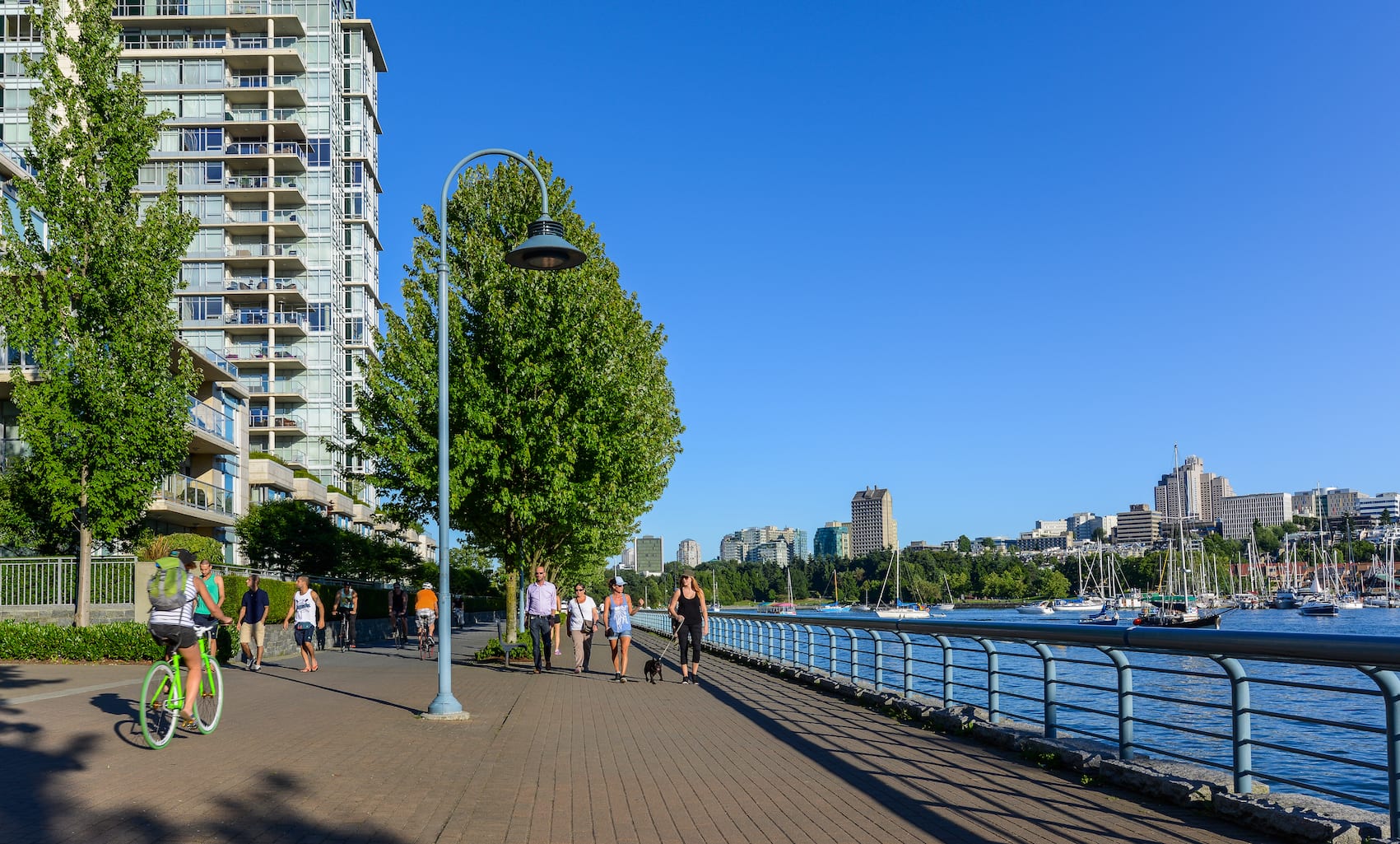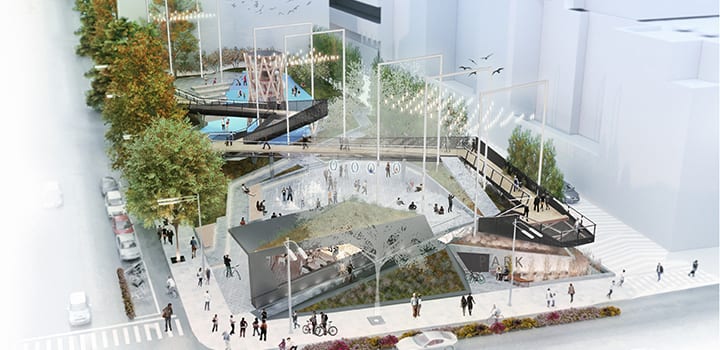Everyone loves taxes: Demystifying your annual property tax assessment

Remember to check your mail… Following the holidays is the equally popular season of annual property assessments! I’ve fielded some questions about the assessments and read much inaccurate online information so here’s a blog post.
Below is part practical, part background, and part soap box. Enjoy the read.
Important dates
- Valuation appeal deadline (click here): January 31, 2020
- Advance property taxes are due: February 4, 2020
- Main property taxes are due: July 3, 2020
- Claim your homeowner grant: July 3, 2020
How are my taxes important to Vancouver?
I’m doubtful that even the most angelic among us eagerly pays taxes. On the extreme end of the spectrum, the ultra-wealthy appear to believe shadowy tax avoidance is a sport (looking at you, Chan family). For myself, as I hit the Pay Now button, I’m comforted in knowing how the money contributes to Vancouver.
Our city could not function without tax dollars. In scanning the budgets of the City of Vancouver, Metro Vancouver, and Translink, you’ll see vital services including schools, community centres, police, public transit, roads, water, and sewage treatment. After working at the GVRD in my 20s, I know this first-hand and can talk your ear off about the science behind treating sewage residuals.
Yes, like all major budgets, some of the money can always be better spent. For instance, the old Operations Manager in me believes that as policing consumes a third of the City’s annual budget it’s logical to shift some of those funds to alleviate the underlying social issues rather than perpetually police the outcome of those issues. Annual budgets are living documents and there are ample ways to make your voice heard at City Council if you wish (upcoming Council meeting agendas).
Schematic: Tax dollars being put to use. This year, the City of Vancouver will transform the parking lot at Smithe and Richards into a spectacular public park.
How are my taxes determined?
The Federal, Provincial, and Municipal governments all levy taxes and those tax dollars travel a complex, and sometimes dizzying, web between them and their related service entities. Some of the money from higher levels of government lands at the city level but much of the City of Vancouver’s annual funding is realized via annual property taxes.
The City determines its budget and the overall amount to be collected is divided between the different property classifications. There’re 8 different tax rates, including business, light industry, major industry, institution, farm, and, the one we’re interested in here, residential.
The current tax rate for residences is $2.56116 per $1000 of assessed value on properties up to $3 million. There’s additional school tax for higher value residential properties of:
- $2 per $1000 of value on the portion between $3 million and $4 million, plus
- $4 per $1000 of value on the portion over $4 million.
As a comparison, those in the business category will pay $9.32931 per $1000 of assessed value. The business sector has highlighted taxation as a major issue and the City has responded by transferring 2% of the tax burden from non-residential to residential. However, even after the staged reallocation is complete next year, businesses will still pay a substantially higher rate than residential.
How do they estimate my property value?
The reported figure is a computer-generated estimate of your property’s value as of July 1 of the previous year. No appraiser will visit your property. Consequently, these assessments have a higher chance of error than a comprehensive in-person valuation. For instance, it’s common to encounter assessed values that don’t account for renovations that raise the value of the home.
Busting 3 common myths
In my online reading I’ve found the 3 below points to be the most prevalent.
1. My property value is lower so I’ll pay less tax this year
This may or may not be true. The amount of tax you’ll pay depends on:
- Value ratio: the value of your property in relation to all other residential properties. For instance, if the tax amount is the same as the previous year but all properties decreased by an equal percentage, you’ll still pay the same tax despite your property having a lower value.
- Annual city budget: The amount you pay also depends upon the city budget amount. If they’re considering an increase such as with this year, it may negate any decrease in your property value.
- Reallocation of city budget: whether the tax allocations between the different land classes are adjusted. For instance, tax burden is currently being transferred from non-residential to residential.
2. It accurately reflects my current property value
As noted above, there are limitations to desktop valuations. Furthermore, our market can rapidly change and, as the value is for July 1 of the previous year, it doesn’t account for subsequent market activity. For instance, in 2019, our market was falling early in the year and then gained strength in the fall (after the assessment date).
3. It accurately reflects my property value as of July 1 of the previous year
This is likely more accurate than #2 but still requires a tweak. BC Assessment strives to report a value a little below the actual market value to avoid an avalanche of property owners contesting their valuation. That said, click here to appeal your assessed value (deadline January 31, 2020) if you believe it’s inaccurate. Personally, I’d only invest the effort if I believed mine to be wildly inaccurate.
If you want to use these figures, I suggest they’re best employed to gain an idea of the overall trend in prices as of July the previous year (between July 2018 and July 2019). To best determine your current property value, your realtor will delve into past comparable sales and view your property.
Soap box: How can city taxes be better allocated to promote responsible city building?
Overall, Vancouver provides a wonderful lifestyle for affluent people. A casual survey across my social circles finds a good portion traveling at any one time and a common issue appears to be leg day at the gym. Not all of our fellow Vancouverites are as fortunate and the Centre for Policy Alternatives reported 10% of Vancouverites lived below the poverty line in 2012 (read the full report).
Vancouver’s next evolution must be two-fold: social inclusion and environmental sustainability.
As a whole, single-family detached houses achieve neither of those goals and occupy a vast amount of city land. This dispersed population requires greater resources to service, excludes lower income people, and is not environmentally sustainable.
To encourage the responsible densification of land and account for the true cost of servicing single-family houses, the residential tax class should be separated between these and multi-family properties. The true tax burden should be placed on the single-family house category and, if we wanted to further encourage greater sustainable living, an even higher tax rate could be implemented.
Cue the folks concerned about the elderly living in multi-million dollar homes being able to afford their taxes. There are tax relief programs for qualified people. But, ultimately, my concern is focused on those without homes, not millionaires. It’s crucial we achieve a more inclusive and sustainable city and we’ll fail to do so through further concessions to millionaires.
Further reading:
• City of Vancouver – property taxes
I hope you made it through this blog on property taxes. As always, I welcome your questions or comments via email or phone/text.
Best,

Jason Hutchison
604.314.7138 [email protected]